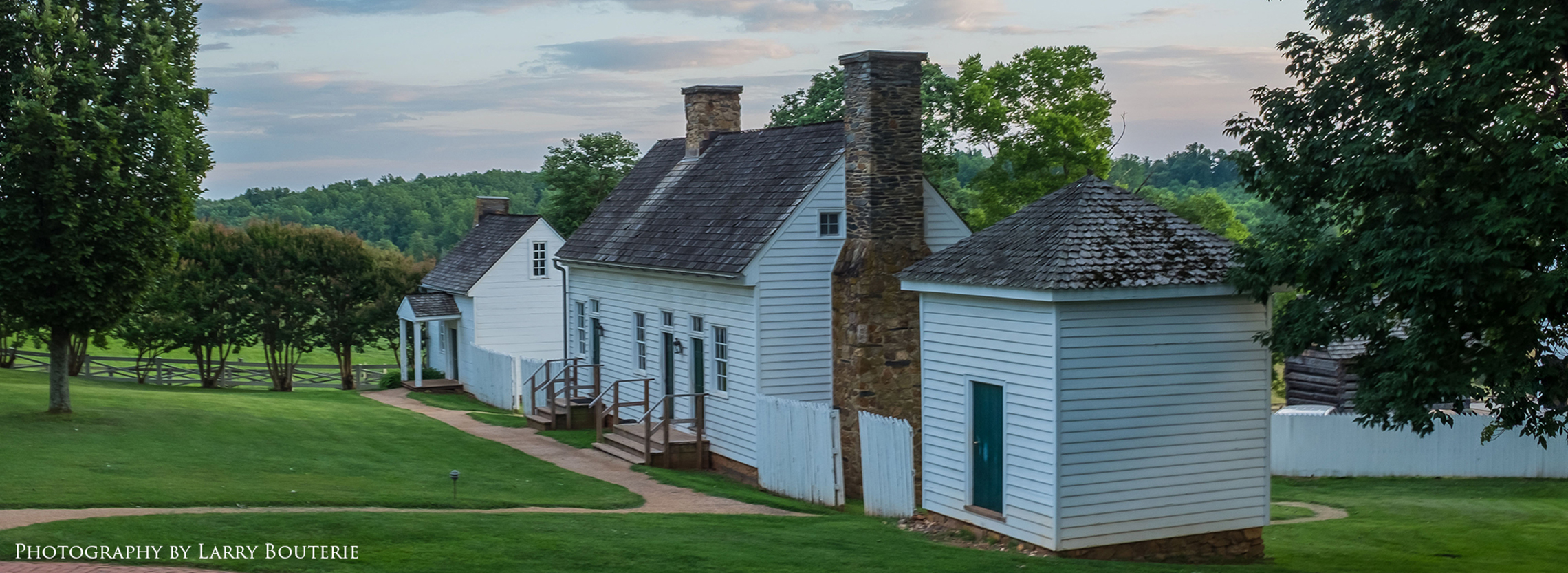Mellon Grant Helps Probe W&M's Past
January 25, 2021
By
University Advancement Staff

The Andrew W. Mellon Foundation invested almost $8 million in William & Mary during the For the Bold campaign. This funding has bolstered humanistic and interdisciplinary research and teaching, created a more diverse and inclusive community of scholars and students, and supported the university’s shift to online learning during the pandemic. The Mellon Foundation and William & Mary share a commitment to advancing diversity and inclusion, which is reflected in the projects the foundation supported during the campaign.
In 2017, Mellon made an $800,000 award to William & Mary Scholars Undergraduate Research Experience (WMSURE). This grant has engaged undergraduates from first-generation, lower-income, and historically under-represented backgrounds in the high impact academic practices that are a hallmark of a William & Mary education. WMSURE was founded in 2010 with the goal of providing students from diverse backgrounds with faculty mentorship and weekly workshops to develop skills and strategies for academic and career success. To date, the grant has supported 49 student fellows and their participation in faculty-mentored research.
William & Mary’s latest — and largest — competitive grant from the Mellon Foundation supports ongoing efforts to reckon with the university’s slaveholding past. This five-year, $1 million grant for the Sharing Authority to Remember and Re-Interpret the Past project engages descendants in the work of the university. Led by The Lemon Project: A Journey of Reconciliation and James Monroe’s Highland, the initiative will re-shape traditional histories and will generate inclusive research and teaching practices.
The project builds on the work that the university has conducted through the Lemon Project since its founding in 2009. Led by Jody Allen, an assistant professor of history, the Lemon Project has several goals: research the long history of African American people at William & Mary; build relationships between the university and the surrounding Tidewater area; make campus a safe and productive space for students of color; and expand William & Mary’s role as a national leader of universities studying their histories of slavery and its legacy.
“One of our goals is to understand the African American experience at William & Mary from slavery through the Jim Crow and civil rights era,” Allen says. “This funding will have a great impact by allowing us to conduct significant genealogical research. Through this research, we will gain a better understanding of the university’s connection to the African American community and they will, in turn, have a better understanding of their connection to the university. Together we will tell this important story.
Through a Council of Descendant Advisors, individuals whose ancestors were enslaved at Highland will help weave accounts of enslavement and race relations into the main narrative of the historic site. In addition, Highland has launched an Oral History Initiative in collaboration with William & Mary Libraries aimed at preserving and disseminating the stories and perspectives of descendant populations. Involvement of descendants and students will bring diverse perspectives to Highland’s public audiences and present a fuller history of the property. In its role as laboratory for new ways to do and share history, Highland is a public outlet for the creative work that William & Mary is doing, putting into action the new narratives created through this collaboration.
The Sharing Authority grant also will influence the development of courses both for the public and the university. Genealogy workshops will be offered to Williamsburg residents who wish to learn more about their familial ties to those once enslaved by William & Mary. Additionally, two post-doctoral fellows funded by the grant will co-design and teach interdisciplinary courses to undergraduates. Themes for these courses will include shared authority in narratives and oral histories, inclusive curatorial approaches to exhibition-making, and technological innovation in public history. The courses will ultimately help to inform public programming associated with the new Memorial to the Enslaved, planned to be erected on the historic campus.
“This project will unite the Lemon Project on main campus with the research and interpretation that we do on the Highland campus into a single initiative,” says Sara Bon-Harper, executive director of Highland. “In addition, involving communities outside the university is an innovative way to approach history.”
This partnership with the Mellon Foundation will enable both the university and greater Tidewater communities to learn more about the region’s enslaved people, whose stories have long been overlooked. This research will be invaluable as William & Mary moves boldly forward.
“By sharing authority to re-interpret the past with descendants of those who lived and were enslaved at Highland, we are taking a new approach to how we tell that history.”
— President Katherine A. Rowe